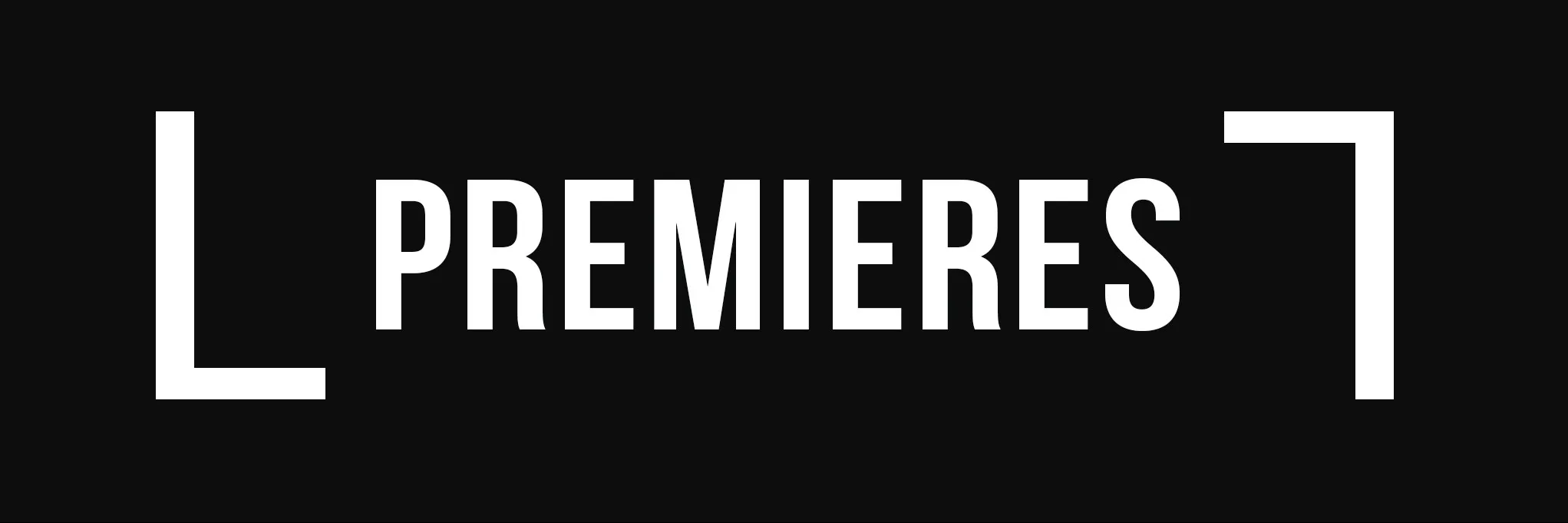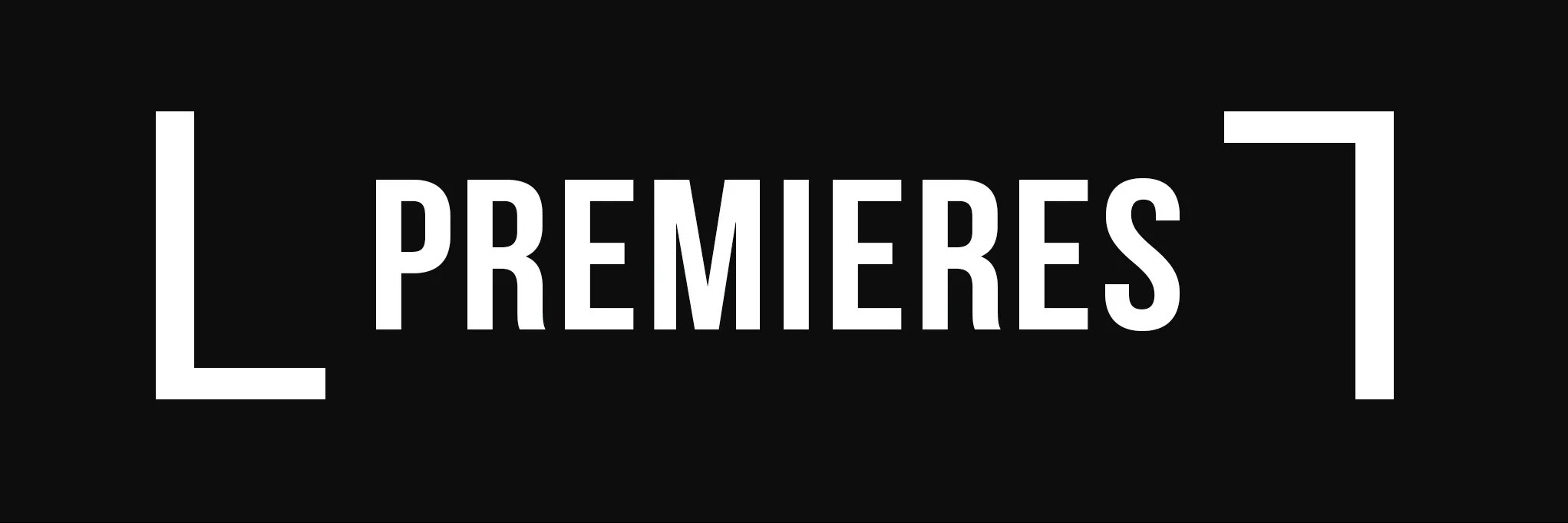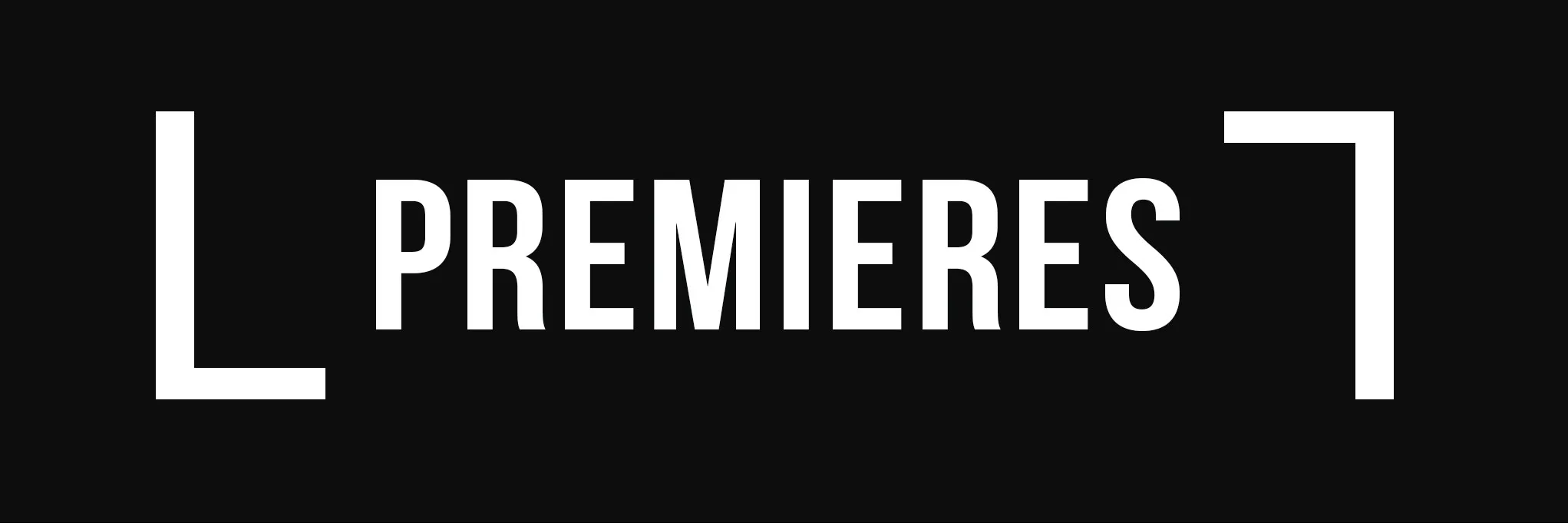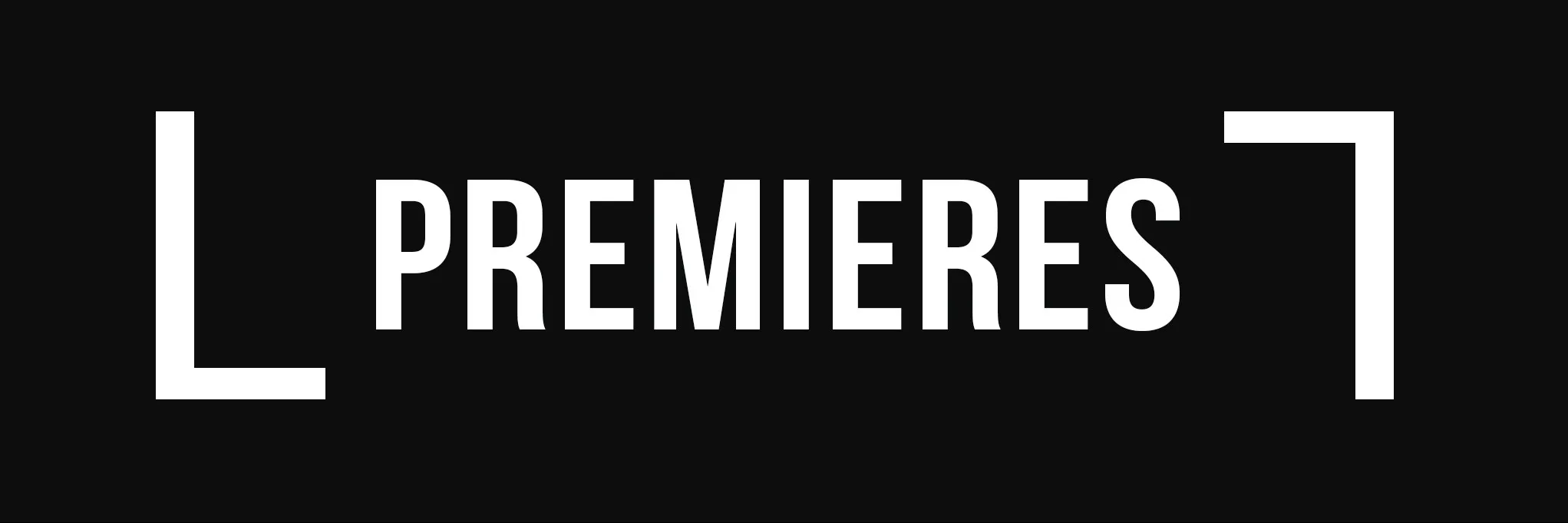 Following last weekend’s Loose Lips showcase with MELT, we caught up with the Atlanta-based collective to learn more about their origins and vision.
Following last weekend’s Loose Lips showcase with MELT, we caught up with the Atlanta-based collective to learn more about their origins and vision.
Introduce yourselves—how did MELT begin?
Paolo: My personal journey and MELT’s story are deeply intertwined. I spent much of my 20s and 30s living across Europe and Asia, immersed in local electronic music scenes. That exposure shaped my understanding of dance music culture—the sounds, the spaces, the creative approaches to events. When I returned to Atlanta in 2014, I found a thriving scene but felt something was missing—both as a dancer and as an artist craving a platform aligned with my vision.
The urge to build something new grew, but I needed the right collaborators. That changed in 2018 when my friend Tito Mazzetta connected me with someone who could help secure the kind of spaces we’d imagined. Tito and I shared a similar ethos, so we seized the opportunity. That was MELT’s spark.
Since then, we’ve expanded the team: Andrew Albarez manages our space and production, while Carina Raye Moravek leads art curation. Together, we’ve refined MELT into what it is today.
Corey: Paolo’s reasons for starting MELT resonated with me deeply. Around the time he returned to Atlanta, I stepped back to focus on personal goals. Now, with those behind me, I’m reinvesting in music and our city—thanks to an incredible support system.
Like Paolo, my travels broadened my perspective (and record collection). Beyond that? I’m just a DJ who loves spinning records with friends and tinkering with hardware sequencers on Friday nights. Why Atlanta?
Why Atlanta?
Paolo: Atlanta is home—a city of transplants, constantly evolving. We have incredible talent and a fiercely supportive community. When I moved back, I committed to staying here. So instead of complaining about what’s missing or chasing it elsewhere, I’d rather build it myself.
Your ethos revolves around breaking genre boundaries and uniting people—how does that play out?
Paolo: MELT isn’t just about parties. We’re trying to spark the next wave of Atlanta’s creative identity. That might sound lofty, but it’s rooted in cognitive friction: bringing together diverse artists, thinkers, and makers to collide, collaborate, and innovate.
Every event weaves in multiple mediums—visual art, fashion, dance, even culinary arts—to draw different creative circles under one roof. But it’s not just programming; it’s design. The space has to foster connection. We layout areas for dancing and conversation, with sound that’s warm, not fatiguing. The goal? Whether you’re there for the music, the art, or the people, you leave thinking, Damn, that was special.
Any challenges pulling this off in Atlanta?
Paolo: Honestly, the hardest part was finding the right space and team. Now that we’ve got that, the response has been overwhelming. People are hungry for this. Are there any predominant genres in Atlanta right now?
Are there any predominant genres in Atlanta right now?
Paolo: In the dance music scene, soulful house and Afrobeat thrive—thanks to pioneers like Kai Alce and House in the Park—alongside tech house and techno. Of course, hip-hop and trap dominate the mainstream, just like EDM, rock, and pop. But honestly, people listen to what’s accessible. Underground tastes? They’re shaped by the curators—promoters, DJs, and crews who define the niche.
Corey: Atlanta’s strength is its diversity. Whether you’re into glitch, noise, lo-fi, or deep techno, there’s a scene here. Plus, as the South’s cultural hub, the city draws crowds for festivals and events beyond its borders.
Best DJ you’ve ever seen in the city?
Paolo: Tough! Mike Huckaby or Ron Trent blew my mind, but locals like Kai Alce, DJ Kemit, and Cullen Cole consistently deliver magic.
Best live performer?
Paolo: The Roots or Parliament—unmatched energy.
Three must-visit spots for music fans?
Paolo: Apache Café, The SoundTable, and… obviously, Magic City.
One thing you’d change about Atlanta’s music scene?
Paolo: Less reliance on out-of-town headliners, more investment in local talent and venues.
How does hip-hop culture influence other genres here?
Paolo: Atlanta isn’t just a hip-hop city—it’s the hub for Black culture in America. That means soul, Afrobeat, funk, and jazz seep into everything. Sure, hip-hop’s massive, but house and techno here owe more to those roots than trap. (Though shoutout to Kemit, a Grammy-winning house DJ who also produced hip-hop!)
Corey: Let’s clarify: Atlanta didn’t invent trap—it refined sounds from Houston and Memphis. The cultural impact is undeniable, but reducing ATL’s hip-hop legacy to just trap erases its richer history.
Most influential party brand?
Paolo: For me? Body & Soul NYC.
Best joke?
Paolo: Two DJs walk into a bar… (I’m terrible at jokes.)
MELT FacebookMELT Instagram
Written by Loose Lips
← Back to blog



